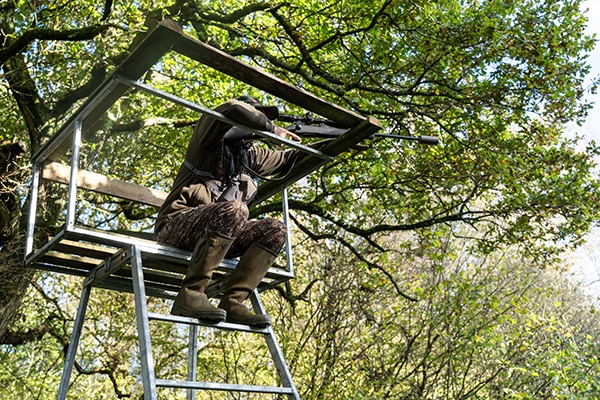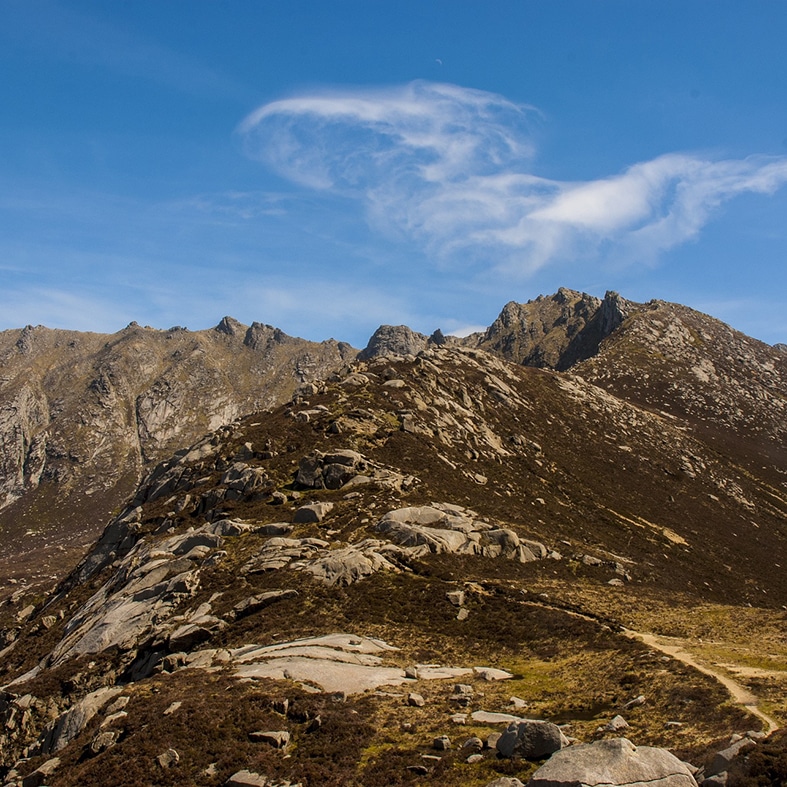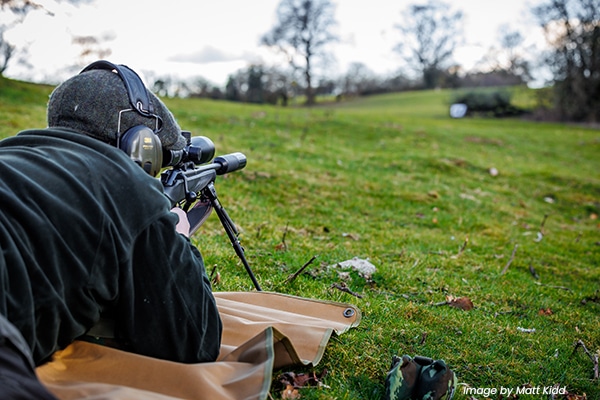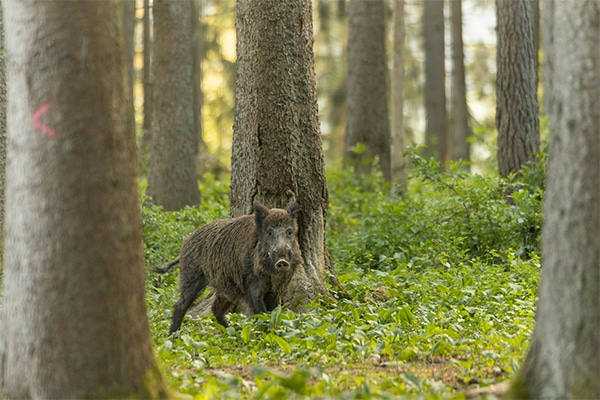
High seat maintenance
High seats are an integral part of any stalking ground where there are no natural high points and maintenance is vital.
Get information on the legal shooting season for mammals and birds in the UK.
Learn about our current conservation projects and how you can get involved.
Comprehensive information and advice from our specialist firearms team.
Everything you need to know about shotgun, rifle and airgun ammunition.
Find our up-to-date information, advice and links to government resources.
Everything you need to know on firearms law and licensing.
All the latest news and advice on general licences and how they affect you.


Deer Management Stalking schemes Arran stalking scheme
STAGS
Stag 1: 18 – 22 Sept £600
Stag 2: 25 – 29 Sept £600
Stag 3: 2 – 6 October £600
Stag 4: 9 – 13 October £600
Stag 5: 16 – 20 October £600
HINDS
Hind 1: 30 Oct – 3 Nov £400
Hind 2: 6 – 10 Nov £400
Hind 3: 8 – 12 Jan £400
Hind 4: 22 – 26 Jan £400
Hind 5: 5 – 9 Feb £400
The Arran deer management scheme is open to all BASC members who have their own stalking rifle and hold a Deer Stalking Course level 2 certificate (DSC2). If applying as a pair, one can have a DSC2 and the other can just be registered.
BASC members are given the opportunity to stalk red deer unaccompanied in a commercial forestry environment.
Deer stalking on Arran is a mixture of open hill and commercial forestry, so the terrain can be arduous and physically demanding.
Stalkers should ensure they are fit and are not suffering from any medical condition which may endanger their own safety or restrict the activities of their stalking partner.
The stalking area is extensive and is in the southern half of the Isle of Arran, which is situated in the Firth of Clyde, west of Ardrossan.
You can get to Arran on the Caledonian MacBrayne passenger/car ferry which runs between Ardrossan and Brodick four times a day in both directions during the winter.
All deer stalking through the BASC scheme is under the overall supervision of a co-ordinator who will supervise the briefing, deployment of deer stalkers and conduct of all culling operations.
The stalking lease covers a vast area and is divided into several widely dispersed beats in order to accommodate multiple stalkers. The BASC scheme co-ordinator has the overall responsibility for all deer stalkers attending the scheme.
Both of these co-ordinators are very experienced deer stalkers and each have an ATV.
Participating deer stalkers will be paired off and each pair will stalk together on their allocated beat. Pairing will provide a measure of safety if an injury or illness occurs and will also help the initial extraction of the very large red deer found on Arran.
At all times there will only ever be one rifle loaded and in use within each pair of stalkers. The loaded rifle will always be carried by the person who takes the lead.
The lead stalker will continually ensure that their rifle is always pointed in a safe direction and the stalkers will take turns at leading with the rifle. A more detailed safety briefing will take place prior to outings in the field.
Anyone who applies for the scheme must have a basic knowledge of deer stalking and be confident/proficient in using their rifle in field conditions. Practice is therefore essential!
Potential deer stalkers should have taken the time to practice live firing from the sitting, standing and kneeling positions, using a stick or other support. Before stalkers are allowed onto their beat, they will be required to demonstrate that their rifle is zeroed by putting three shots in a three-inch group at 100 metres. Stalkers who cannot achieve this will not be permitted to continue.
All rifles and ammunition used on the scheme must be a minimum of 6.5 calibre using at least a 110gr, non lead bullet. Ammunition must be factory loaded and meet the Scottish legal minimums for use on red deer.
Stalkers should bring enough ammunition to last for the five days. The nearest gun shop is in Ardrossan on the mainland, so it will require a return ferry trip if stalkers need to buy more ammunition or have their rifle serviced or repaired.
The Arran scheme involves stalking over demanding terrain in a climate where the weather can change for the worse in an instant. Anyone considering taking part should be aware of the challenging nature of managing deer under these conditions and should be sufficiently fit.
During warmer periods midges will be prevalent and deer stalkers should be prepared with repellents and/or head nets.
A full synchronisation and safety briefing will be undertaken on the first day before beats are allocated. Each pair of stalkers will be issued a safety pack containing such items as a two-way radio, marked maps and an emergency strobe light etc.
The scheme co-ordinator’s main role is to ensure the safety of the deer stalkers and that all activities are conducted to current best practice guidance.
The co-ordinators are also there to offer advice and guidance to participants attending the scheme. Stalkers are encouraged to contact them at an early stage if they are struggling to find deer or have any other concerns relating to the scheme.
While all arrangements for a satisfactory outing will be made in good faith, BASC can give no guarantees that deer will be encountered.
A permit authorises the holder to shoot specified deer on BASC-leased ground on certain dates.
Stalking will be by agreement with the BASC deer department. The permit will only be valid for the period booked and will be forfeited if not exercised within that period.
The permit holder is required to:
Payment should be made in full on a successful application for a permit.
If a permit is cancelled, BASC will endeavour to reallocate the permit. If this is not possible, then the following scale of charges will apply:
Please consider an insurance policy to cover cancellations due to unforeseen eventualities.
Deer stalkers should ensure that the holiday element is covered by separate insurance cover and should inform any potential insurer that the shooting element is covered under BASC membership.

High seats are an integral part of any stalking ground where there are no natural high points and maintenance is vital.

Deer stalking is a rapidly growing pastime in the UK which is hardly a surprise but how can you get started?

The UK has a growing population of wild boar. and it falls on us to keep populations in check to limit the huge damage.
Sign up to our weekly newsletter and get all the latest updates straight to your inbox.
© 2023 British Association for Shooting and Conservation. Registered Office: Marford Mill, Rossett, Wrexham, LL12 0HL – Registered Society No: 28488R. BASC is a trading name of the British Association for Shooting and Conservation Limited which is authorised and regulated by the Financial Conduct Authority (FCA) under firm reference number 311937.
If you have any questions or complaints about your BASC membership insurance cover, please email us. More information about resolving complaints can be found on the FCA website or on the EU ODR platform.
This website uses cookies so that we can provide you with the best user experience possible. Cookie information is stored in your browser and performs functions such as recognising you when you return to our website and helping our team to understand which sections of the website you find most interesting and useful.
Strictly Necessary Cookie should be enabled at all times so that we can save your preferences for cookie settings.
If you disable this cookie, we will not be able to save your preferences. This means that every time you visit this website you will need to enable or disable cookies again.
This website uses Google Analytics to collect anonymous information such as the number of visitors to the site, and the most popular pages.
Keeping this cookie enabled helps us to improve our website.
Please enable Strictly Necessary Cookies first so that we can save your preferences!
More information about our Cookie Policy